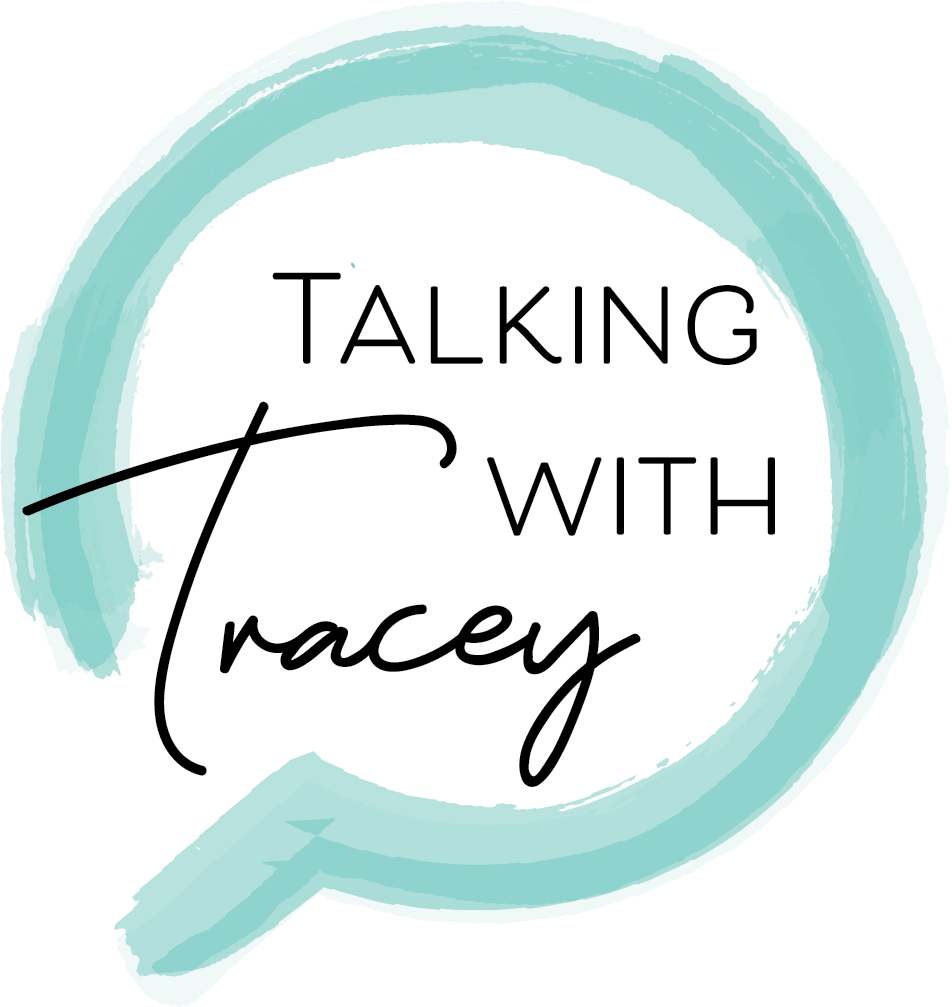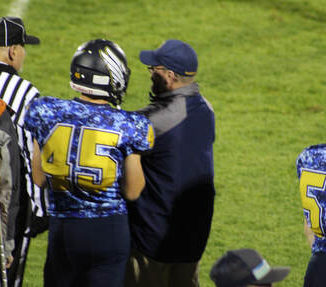Before a team takes the field, the coach usually gives a pre-game speech. The pre-game speech is meant to fire up the team before the big game. The pre-game speech might also include a run through about what to expect during the game, how to handle certain plays from the opposing team and what the expectation is for each player-The Game Plan.
Parenting is a lot like coaching. Providing your kids a game plan before they undertake a task can be just what they need for success. Remember a few posts ago when we talked about executive functions-the brain’s board of directors? Children have a sketchy board of directors at best. We can step in as parents and create a temporary board member by going over the game plan in advance. In the book The Explosive Child by Ross Green, he uses a similar philosophy and calls it a Plan B. Green’s book is a must read for any parent with an inflexible child, but his ideas work well with all kids.
Here’s a timely example: mom and dad are working from home and they both have important conference calls. Interruptions would be unwise. Most parents might tell their kids, “I’m going to be on a call for the next 30 minutes. Please don't come into my office until I say it’s ok.” For some kids, these instructions might be enough (maybe like 3 kids in the world.) For the rest of our precious offspring, we’re going to need a game plan. The game plan is a detailed outline of all the things that might happen and how you want your child to handle it. You’re going to come up with every conceivable scenario that could occur in the 30 minutes you need to be on your call, talk your child through each of those scenarios and layout your expectations. It might go something like this:
Mom: “I have an important meeting at 10am and I can’t have any interruptions.”
Child: “ok”
Mom: “what does no interruptions mean?”
Child: “Don't come in your office.”
Mom: “Right! What about if you want a snack? What could you do?”
Child: “come ask you?”
Mom: “Nope, remember no interruptions. If you want a snack, go ahead and grab one from the pantry, you don't have to ask.”
Mom: “What if you have a question about your schoolwork?”
Child: “I could write it down and ask you when you’re done?”
Mom: “That’s a great idea, I love it! Yes, write down any questions about your schoolwork.”
Mom: “What if you’re sister is driving you crazy?”
Child: “Come and tell you.”
Mom: “Nope, remember no interruptions. You’ll have to walk away from her, and we will sort it out when I’m done.”
Mom: “Would there be any reason to open my office door while I’m in a meeting?”
Child: “Maybe…?”
Mom: “The only reason to open my door when I’m in the meeting will be if you are badly hurt and bleeding uncontrollably all over the floor.”
Mom: “Let’s make a list of activities you can do while I’m on my call. I’ll also post a sign on my door reminding you not to open it for any reason, unless it’s a super important emergency like someone is bleeding.”
That’s a Game Plan.
During non-pandemic life, I use the Game Plan all the time with my now 12-year-old daughter. She has ADHD, so forgetting things and getting distracted happen on the daily. We might create a game plan about what has to happen between getting off the bus and going to basketball practice. We might brainstorm a game plan for bedtime routines, taking a shower, getting chores done, etc. When she gets off task, all I have to say is “Sid, what are you supposed to be doing right now?” She will remember because we just went over the game plan. She’ll be able to get herself back on task or remember what the expectations are, and I never have to yell or nag.
You could make a game plan for a trip to the store or what needs to happen when it’s time to leave grandma’s house. Any situation that typically results in arguments, meltdowns, tears, yelling or frustration can be improved with a game plan.
The second idea I want to talk about is the Instant Replay. It's basically a do-over. We all say and do things without thinking. Inhibiting our behavior is another executive function. Ideally, we would have a 3 second pause between trigger and reaction, but for lots of kids (and some adults), that pause doesn't exist.
The Instant Replay creates a pause. It gives your child a second to rethink what he just said or did. In my house it sounds like this “Hey, you wanna try that again?”
It indicates to my daughter that whatever she just said isn't very nice, so she now has the option to make a different choice. Which she always does, and we move on. No punishment and no yelling. Just an opportunity to teach her the importance of thinking before she speaks or acts. This typically works much better than “What did you just say? Go to your room!”
Try it this week. Create game plans for a few frustrating situations and allow an instant replay on poor choices. It makes for much less conflict and fewer meltdowns. We could all use a little more calm right now amidst the chaos. Good luck and let me know how it goes!
Before a team takes the field, the coach usually gives a pre-game speech. The pre-game speech is meant to fire up the team before the big game. The pre-game speech might also include a run through about what to expect during the game, how to handle certain plays from the opposing team and what the expectation is for each player-The Game Plan.
Parenting is a lot like coaching. Providing your kids a game plan before they undertake a task can be just what they need for success. Remember a few posts ago when we talked about executive functions-the brain’s board of directors? Children have a sketchy board of directors at best. We can step in as parents and create a temporary board member by going over the game plan in advance. In the book The Explosive Child by Ross Green, he uses a similar philosophy and calls it a Plan B. Green’s book is a must read for any parent with an inflexible child, but his ideas work well with all kids.
Here’s a timely example: mom and dad are working from home and they both have important conference calls. Interruptions would be unwise. Most parents might tell their kids, “I’m going to be on a call for the next 30 minutes. Please don't come into my office until I say it’s ok.” For some kids, these instructions might be enough (maybe like 3 kids in the world.) For the rest of our precious offspring, we’re going to need a game plan. The game plan is a detailed outline of all the things that might happen and how you want your child to handle it. You’re going to come up with every conceivable scenario that could occur in the 30 minutes you need to be on your call, talk your child through each of those scenarios and layout your expectations. It might go something like this:
Mom: “I have an important meeting at 10am and I can’t have any interruptions.”
Child: “ok”
Mom: “what does no interruptions mean?”
Child: “Don't come in your office.”
Mom: “Right! What about if you want a snack? What could you do?”
Child: “come ask you?”
Mom: “Nope, remember no interruptions. If you want a snack, go ahead and grab one from the pantry, you don't have to ask.”
Mom: “What if you have a question about your schoolwork?”
Child: “I could write it down and ask you when you’re done?”
Mom: “That’s a great idea, I love it! Yes, write down any questions about your schoolwork.”
Mom: “What if you’re sister is driving you crazy?”
Child: “Come and tell you.”
Mom: “Nope, remember no interruptions. You’ll have to walk away from her, and we will sort it out when I’m done.”
Mom: “Would there be any reason to open my office door while I’m in a meeting?”
Child: “Maybe…?”
Mom: “The only reason to open my door when I’m in the meeting will be if you are badly hurt and bleeding uncontrollably all over the floor.”
Mom: “Let’s make a list of activities you can do while I’m on my call. I’ll also post a sign on my door reminding you not to open it for any reason, unless it’s a super important emergency like someone is bleeding.”
That’s a Game Plan.
During non-pandemic life, I use the Game Plan all the time with my now 12-year-old daughter. She has ADHD, so forgetting things and getting distracted happen on the daily. We might create a game plan about what has to happen between getting off the bus and going to basketball practice. We might brainstorm a game plan for bedtime routines, taking a shower, getting chores done, etc. When she gets off task, all I have to say is “Sid, what are you supposed to be doing right now?” She will remember because we just went over the game plan. She’ll be able to get herself back on task or remember what the expectations are, and I never have to yell or nag.
You could make a game plan for a trip to the store or what needs to happen when it’s time to leave grandma’s house. Any situation that typically results in arguments, meltdowns, tears, yelling or frustration can be improved with a game plan.
The second idea I want to talk about is the Instant Replay. It's basically a do-over. We all say and do things without thinking. Inhibiting our behavior is another executive function. Ideally, we would have a 3 second pause between trigger and reaction, but for lots of kids (and some adults), that pause doesn't exist.
The Instant Replay creates a pause. It gives your child a second to rethink what he just said or did. In my house it sounds like this “Hey, you wanna try that again?”
It indicates to my daughter that whatever she just said isn't very nice, so she now has the option to make a different choice. Which she always does, and we move on. No punishment and no yelling. Just an opportunity to teach her the importance of thinking before she speaks or acts. This typically works much better than “What did you just say? Go to your room!”
Try it this week. Create game plans for a few frustrating situations and allow an instant replay on poor choices. It makes for much less conflict and fewer meltdowns. We could all use a little more calm right now amidst the chaos. Good luck and let me know how it goes!


